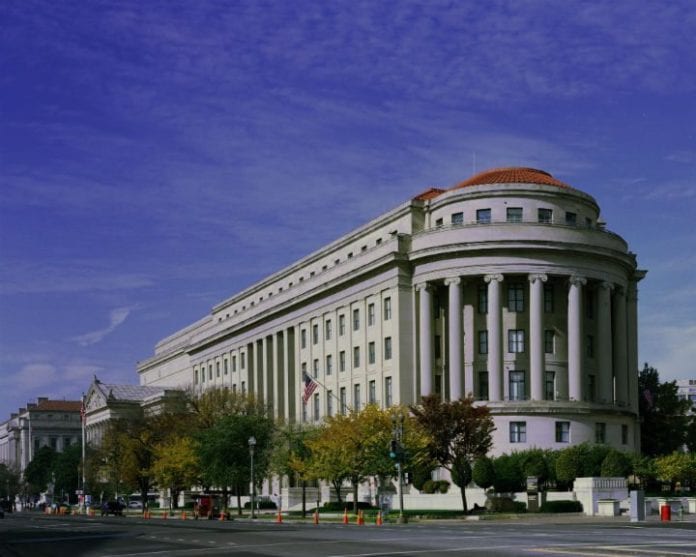FTC commissioner called former AT&T practice essentially ‘scammed’ unlimited customers
This week AT&T agreed to settle a 2014 complaint from the U.S. Federal Trade Commission that alleged the carrier “failed to adequately disclose to its unlimited data plan customers that, if, they reach a certain amount of data use in a given billing cycle, AT&T would…throttle their data speeds to the point that many common mobile phone applications…became difficult or nearly impossible to use.”
An AT&T spokesperson told ABC News of the settlement, “Even though it has been years since we applied this network management tool in the way described by the FTC, we believe this is in the best interests of consumers.”
FTC Commissioner Rohit Chopra blasted the past practices in a statement, saying AT&T “wanted the rewards without the risks, so it turned its offer of an ‘unlimited’ data plan into a bait-and-switch scam that victimized millions of Americans.”
Chopra continued said the FTC complaint estimated some 3.5 million subscribers were impacted by the policy and described thee issues with the practice.
- “AT&T marketed an unlimited data plan that was not actually unlimited…
- “AT&T made it hard to walk away, trapping subscribers in contract terms…
- And, “AT&T pushed subscribers into switching to more expensive plans.”
According to the FTC, the $60 million will be used by AT&T to “provide partial refunds” to former and current subscribers who signed up for unlimited plans before 2011 and experience data throttling.
In response to Chopra’s remarks, AT&T told ABC News, “None of his allegations were ever proved in court. We were fully prepared to defend ourselves, but decided settling was in the best interests of consumers.”

